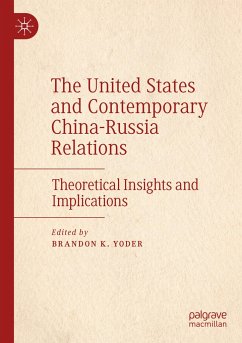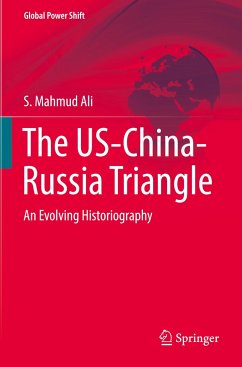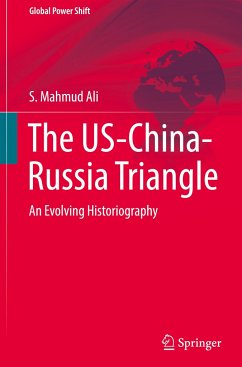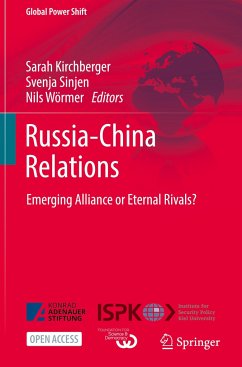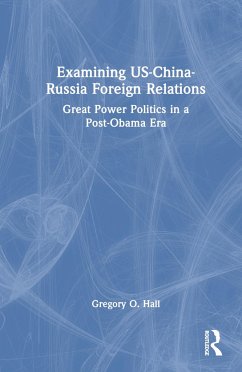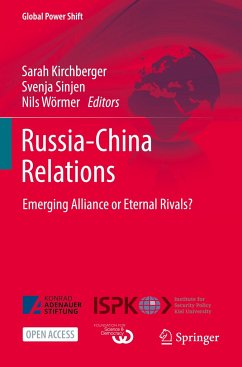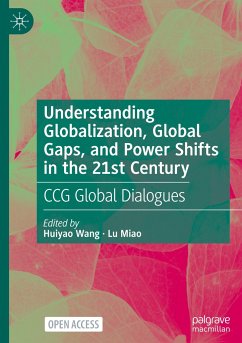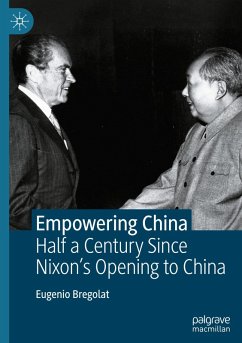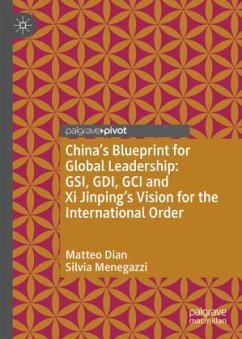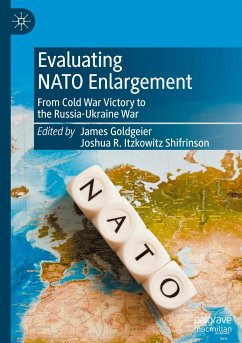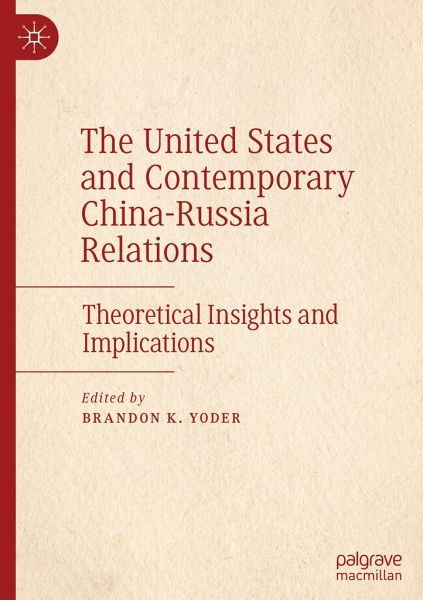
The United States and Contemporary China-Russia Relations
Theoretical Insights and Implications
Herausgegeben: Yoder, Brandon K.

PAYBACK Punkte
53 °P sammeln!
China and Russia have grown progressively closer over the last two decades, yielding a China-Russia "axis" uniquely capable of challenging the United States and of revising key aspects of the international order. Although the scholarly literature has offered detailed descriptions and various ad hoc explanations of this trend, the Sino-Russian bilateral relationship has been the subject of very little scrutiny using rigorous theory, which has precluded the formation of logically coherent and empirically supported explanations for increasing China-Russia cooperation. Moreover, the cooperative po...
China and Russia have grown progressively closer over the last two decades, yielding a China-Russia "axis" uniquely capable of challenging the United States and of revising key aspects of the international order. Although the scholarly literature has offered detailed descriptions and various ad hoc explanations of this trend, the Sino-Russian bilateral relationship has been the subject of very little scrutiny using rigorous theory, which has precluded the formation of logically coherent and empirically supported explanations for increasing China-Russia cooperation. Moreover, the cooperative post-Cold War trend in the bilateral relationship is puzzling for each of the major paradigms of international relations theory: realism, constructivism and liberalism. This volume brings together leading IR scholars from various theoretical perspectives, as well as theoretically-informed experts in Chinese and Russian foreign policy. The chapters develop and apply nuanced theoretical arguments to derive testable hypotheses for the cooperative trend in China-Russia relations. In contrast to existing scholarship, the book offers generalizable insights that both improve our understanding of a crucially important contemporary case, while also advancing IR theory in substantial ways.



